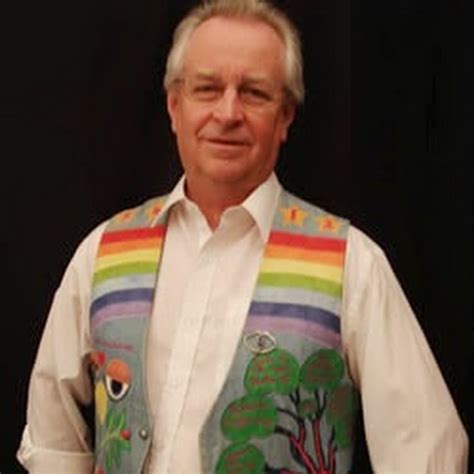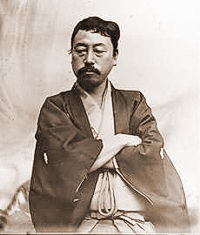A Quote by Nick Morgan
The unconscious mind governs our decision-making, and much of our communications. It's imperative, if you want to be a successful leader, to become aware of these key human actions.
Related Quotes
There is usually a clock in our heads regarding decisions we make and the course of our lives. Sometimes this clock is helpful in that it get us to move rather than put off key actions. Other times, it creates us false sense of urgency that can cause us to overreact, lost patience and make poor decisions. In raising this issue in my book, I want people to be aware of the clock in their heads and question whether that clock is helping or hindering the quality of each particular decision.
You have to learn to trust - and listen to - your unconscious mind. If you pose the question to your unconscious "is this person a friend or a foe" - safe or a threat - your unconscious mind is hard-wired to assess that brilliantly for you. It's just that we're not very good at paying attention to what our unconscious minds are telling us.
Our mind has its history, just as our body has its history. You might be just as astonished that man has an appendix, for instance. Does he know he ought to have an appendix? He is just born with it....Our unconscious mind, like our body, is a storehouse of relics and memories of the past. A study of the structure of the unconscious collective mind would reveal the same discoveries as you make in comparative anatomy. We do not need to think that there is anything mystical about it.
Our negative thoughts are valuable messages to us about our deeper fears and negative attitudes. These usually are so basic to our thinking and feeling that we don't realize they are beliefs at all. We assume that they are simply "the way life is." We may be consciously affirming and visualizing prosperity, but if our unconscious belief is that we don't deserve it, then we won't create it. Once we become aware of our core negative beliefs, they begin to heal.
The child's mind is not the type of mind we adults possess. If we call our type of mind the conscious type, that of the child is an unconscious mind. Now an unconscious mind does not mean an inferior mind. An unconscious mind can be full of intelligence. One will find this type of intelligence in every being, and every insect has it.
What brings the karmic result from the patterns of our actions is not our action alone. As we intend and then act, we create [our] karma: so another key to understanding the creation of karma is becoming aware of intention. The heart is our garden, and along with each action there is an intention that is planted like a seed. The result of the patterns of our karma is the fruit of these seeds.
The Buddha taught that suffering is the extra pain in the mind that happens when we feel an anguished imperative to have things be different from how they are. We see it most clearly when our personal situation is painful and we want very much for it to change. It's the wanting very much that hurts so badly, the feeling of "I need this desperately," that paralyzes the mind. The "I" who wants so much feels isolated. Alone.
For life is an expression, our unconscious actions the constant betrayal of our innermost thought. Perhaps we reveal ourselves too much in small things because we have so little of the great to conceal. The tiny incidents of daily rouitine are as much a commentary of racial ideas as the highest flight of philosophy or poetry.
































